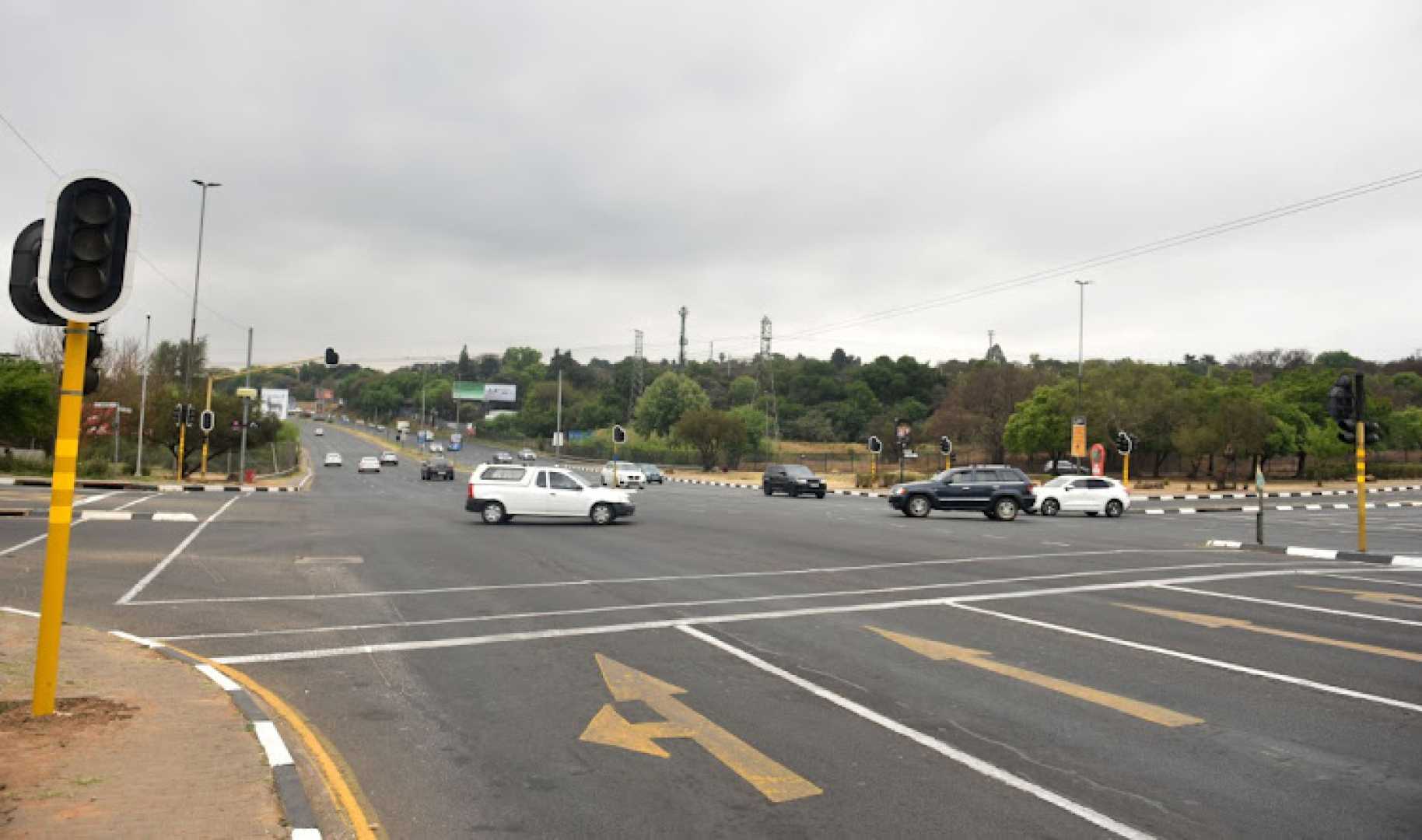News
Controversy Surrounds Proposed Renaming of Sandton Drive in Johannesburg

In a move that has sparked significant discussion, the City of Johannesburg has proposed renaming one of its notable thoroughfares, Sandton Drive, to Leila Khaled Drive. This initiative follows the recent change of William Nicol Drive to Winnie Madikizela-Mandela Drive, and the city is now seeking public comments, inviting both support and dissent from a range of stakeholders.
The proposal was published on September 18, 2024, and calls for public feedback over a 28-day period. The debate centers around Leila Khaled, a Palestinian militant and political figure famous for her role in aircraft hijackings in the late 1960s and early 1970s, which were part of the activities of the Popular Front for the Liberation of Palestine (PFLP). Khaled’s actions have rendered her a polarizing figure, especially in nations such as Israel and the United States, which classify PFLP as a terrorist organization.
The proposal has some audiences quite divided. Supporters, including the African National Congress (ANC) in Johannesburg, perceive the renaming as an expression of solidarity with the Palestinian struggle, viewing Khaled as a symbol of resistance against occupation. Nonetheless, detractors argue that her controversial history renders her a less suitable figure for such an honor.
Public reactions have ranged widely. Advocates for the name change consider it a potent symbol of Johannesburg’s ongoing tradition of aligning with global liberation movements, pointing to South Africa’s own historical struggle against colonial and imperialist forces. “It’s about solidarity,” said a representative from the ANC’s Johannesburg region.
However, political parties such as the Democratic Alliance (DA) and ActionSA have voiced strong opposition, asserting that the honor should be reserved for those who have directly contributed to South Africa’s own historical and societal development. “We believe figures memorialized in our street names should be those with a direct connection to our national identity,” a spokesperson from the DA commented.
The South African Zionist Federation is among the latest to voice its concerns. Rolene Marks, speaking for the federation, expressed apprehensions over the proposal, criticizing the city’s actions as contradictory to its own policies, which caution against naming public places after living individuals whose reputations may be contentious or evolve over time. “It is also potentially burdensome for businesses concerning address changes and undermines confidence in the city,” Marks added.
The broader context of street renaming in Johannesburg highlights a transformational campaign to reflect South Africa’s democratic transition and celebrate local heroes. Yet, the conversation surrounding Sandton Drive’s renaming has reignited a debate over prioritizing domestic versus international figures in these commemorative efforts.
The final decision on the proposed renaming will be guided by a policy-driven public participation process, with opinions collected until October 18, 2024. The City of Johannesburg will assess all submitted feedback before making a decision on whether to proceed with the name change, ensuring adherence to established procedures and policies regarding public monuments and legacies.












